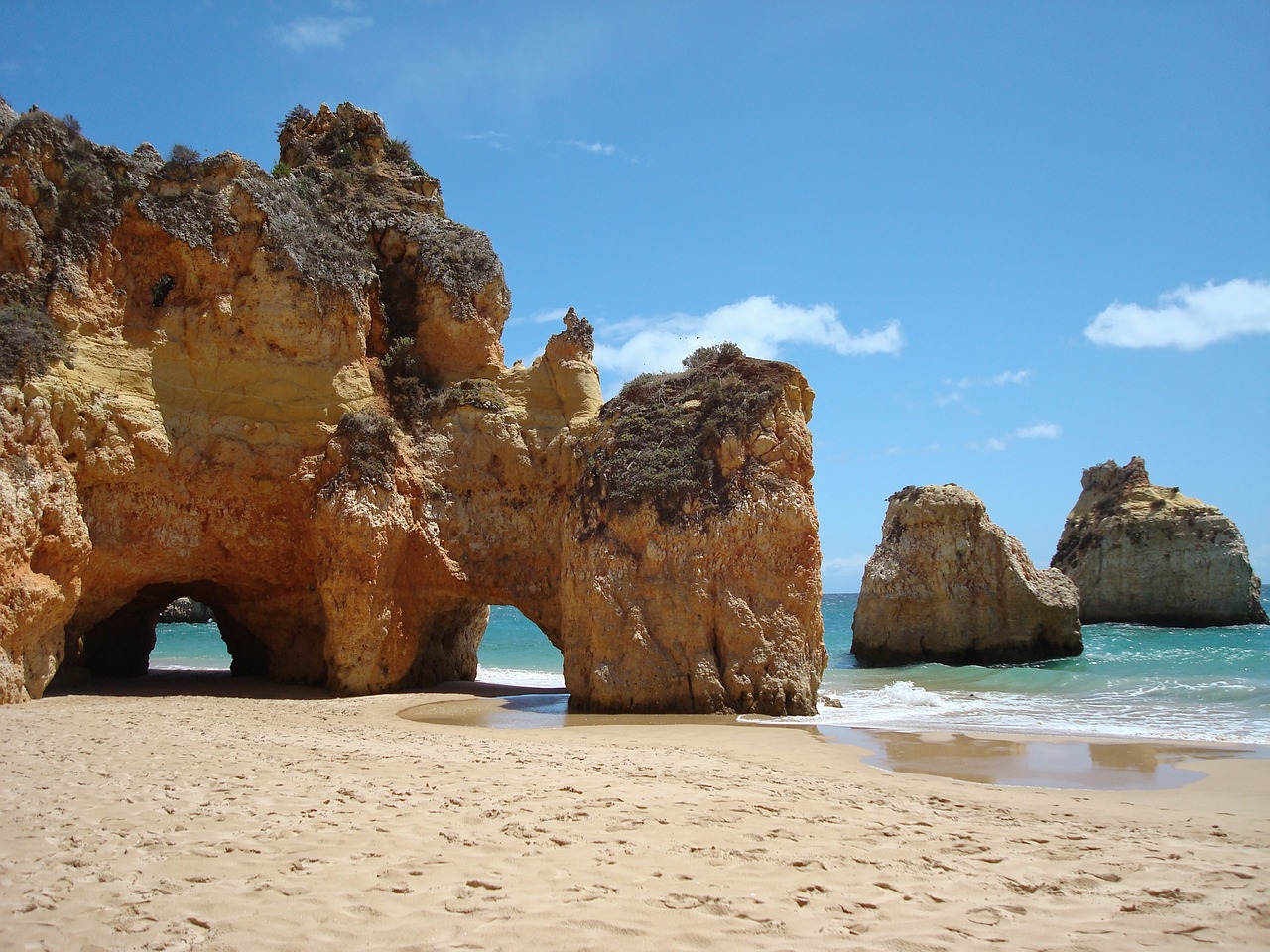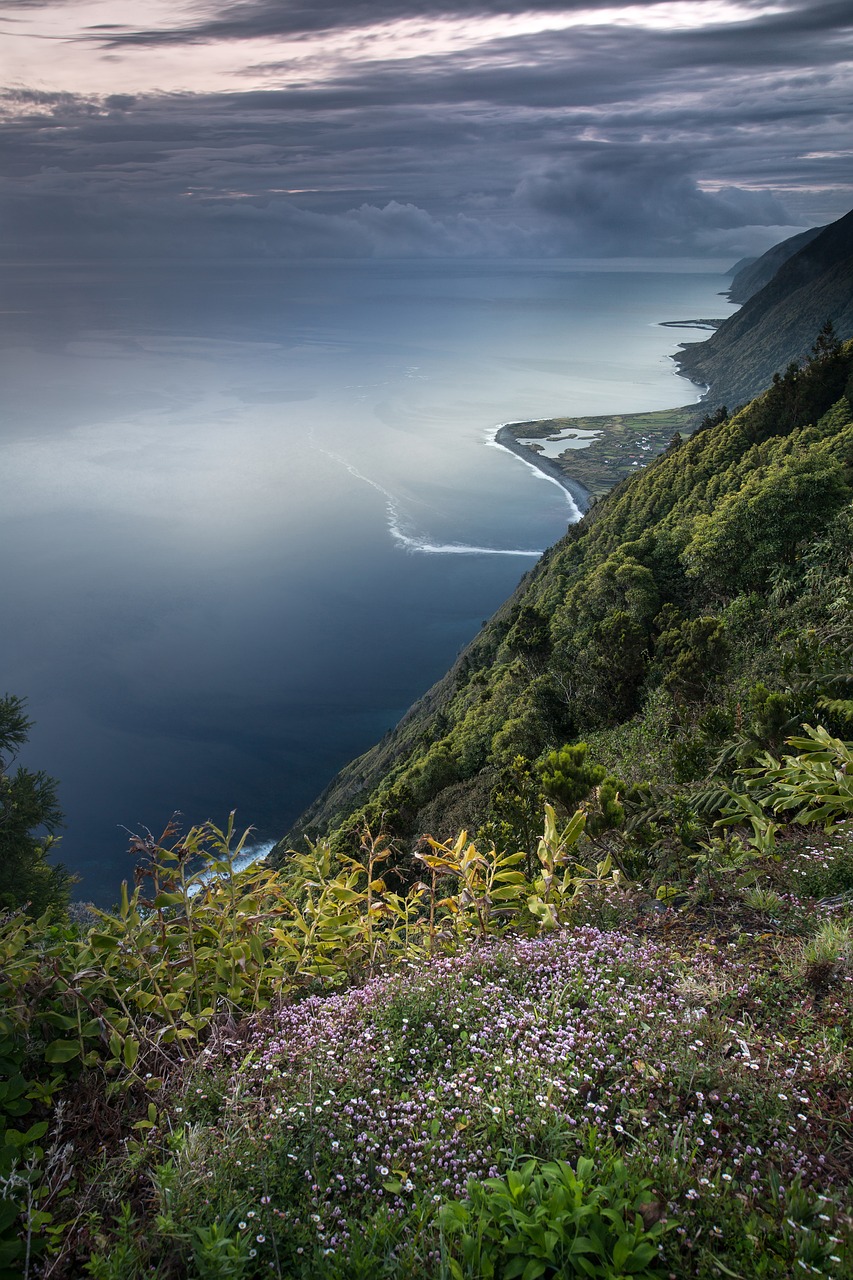Portugal Video
Local Celebrations and Holidays: What to Expect in Portugal
Portugal is a country known for its vibrant culture and rich traditions. Throughout the year, various local celebrations and holidays take place, offering visitors a unique insight into Portuguese customs and heritage. From religious festivals to national holidays, each event has its own significance and adds to the lively atmosphere of Portugal. In this article, we will explore some of the most popular local celebrations and holidays in Portugal and what you can expect when visiting.
Carnival
- Processions: Carnival in Portugal is a time of colorful parades and processions. Cities like Lisbon and Torres Vedras are famous for their elaborate floats and costumes. Expect to see people dressed in vibrant outfits and masks, dancing and singing in the streets.
- Samba and Sardines: Samba is a popular dance during Carnival, and you can join in the festivities by participating in Samba parties and events. Additionally, savoring grilled sardines is a must during this time, as they are a traditional Carnival delicacy.
- Street Parties: Throughout Portugal, street parties are organized during Carnival. These parties feature live music, DJs, and dancing, creating a lively and energetic atmosphere.
Easter
- Religious Processions: Easter is a significant religious holiday in Portugal, and you can witness solemn processions in various cities and towns. One of the most famous processions takes place in Braga, where participants carry statues depicting scenes from the Passion of Christ.
- Folar: Folar is a traditional Easter cake in Portugal. It is made with flour, eggs, sugar, and other ingredients, and often contains a hard-boiled egg in the center. Sharing and gifting Folar is a common Easter tradition.
- Feasting: Easter is a time for feasting in Portugal. Families gather to enjoy a special meal that often includes lamb, traditional sweets, and regional delicacies.
Saint Anthony’s Day
- Lisbon Festivities: Saint Anthony’s Day, celebrated on June 13th, is a major event in Lisbon. The city comes alive with street parties, music, and dancing. The highlight of the festivities is the popular Marchas Populares, where different neighborhoods compete in a parade showcasing their unique costumes and choreography.
- Wedding of Saint Anthony: It is believed that Saint Anthony, the patron saint of Lisbon, blesses marriages. On this day, many couples choose to get married or renew their vows in the city.
- Basilica of Saint Anthony: Pay a visit to the Basilica of Saint Anthony in Lisbon, where you can find the saint’s relics and attend special religious services.
São João Festival
- Porto Celebrations: São João Festival is one of the most popular festivals in Porto. The city is transformed into a vibrant street party, with music, dancing, and fireworks illuminating the night sky.
- Hammer Tradition: During the festival, it is customary to playfully hit each other on the head with plastic hammers. This tradition is believed to bring good luck and ward off evil spirits.
- Jump Over Bonfires: Another unique tradition during São João Festival is jumping over bonfires. It is believed to purify and bring good fortune for the coming year.
Feast of the Assumption
- Pilgrimage to Fátima: The Feast of the Assumption, celebrated on August 15th, attracts thousands of pilgrims to the town of Fátima. It is believed that the Virgin Mary appeared to three children in Fátima in 1917, and this pilgrimage commemorates that event.
- Religious Ceremonies: The day is marked by religious ceremonies, including Masses, processions, and prayers. Pilgrims from all over the world come to Fátima to seek blessings and offer their devotion.
- Candlelight Procession: A highlight of the Feast of the Assumption is the Candlelight Procession, where pilgrims carry candles and walk in a procession, creating a mesmerizing spectacle.
Christmas
- Nativity Scenes: Nativity scenes, known as “Presépios,” are a cherished Christmas tradition in Portugal. Elaborate scenes depicting the birth of Jesus are displayed in churches, homes, and public places.
- Midnight Mass: Attending Midnight Mass on Christmas Eve is a common practice in Portugal. Churches are beautifully decorated, and the Mass is a solemn and joyous occasion.
- Traditional Food: Christmas is a time for indulging in delicious Portuguese delicacies. Bacalhau (salted codfish), rabanadas (French toast), and Bolo Rei (King’s Cake) are some of the traditional dishes enjoyed during this festive season.
Conclusion
Portugal’s local celebrations and holidays offer visitors a chance to immerse themselves in the country’s vibrant culture and traditions. From the colorful parades of Carnival to the religious processions of Easter, each event showcases the unique spirit of Portugal. Whether you’re exploring the streets of Lisbon during Saint Anthony’s Day or joining the lively São João Festival in Porto, these celebrations provide unforgettable experiences. So, plan your visit to Portugal accordingly and embrace the festive atmosphere of these local celebrations and holidays.
References
- Gypsy Warrior: gypsywarrior.com
- Fátima Shrine: fatima.pt
- Visit Portugal: visitportugal.com
Portugal Image 1:

Portugal Image 2:

Portugal Image 3:



